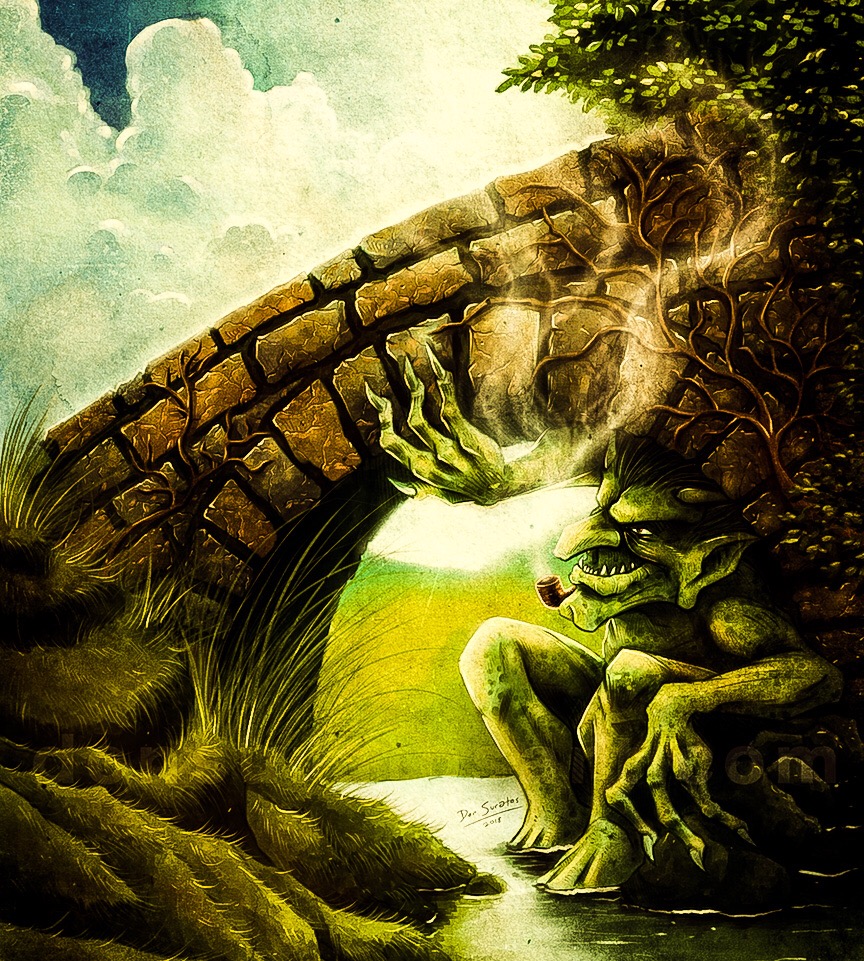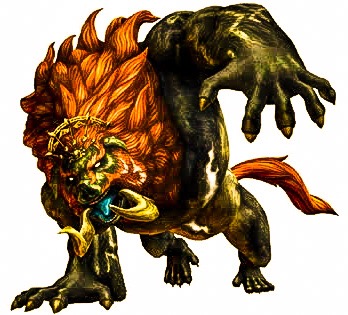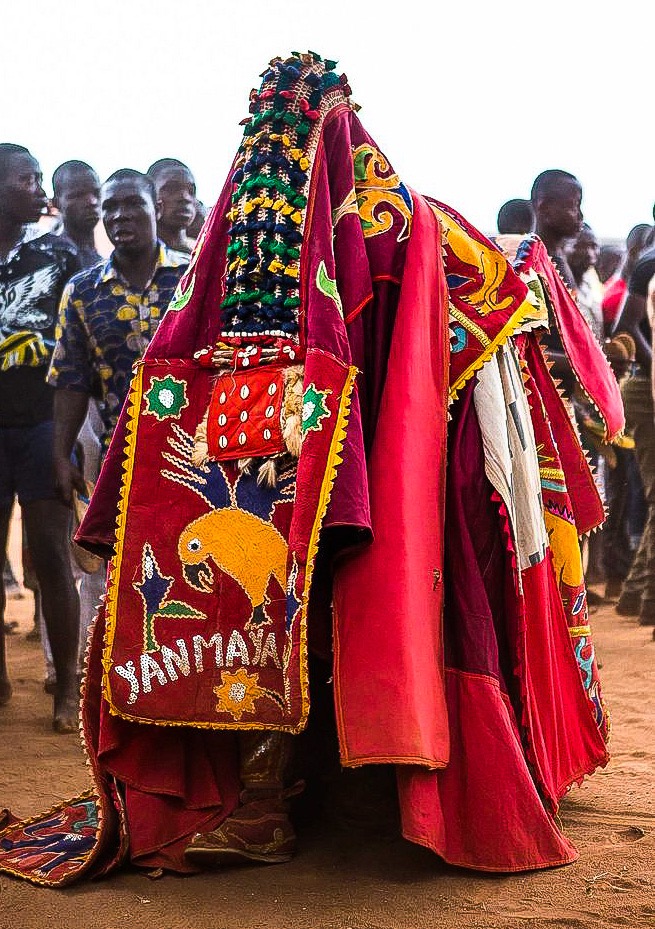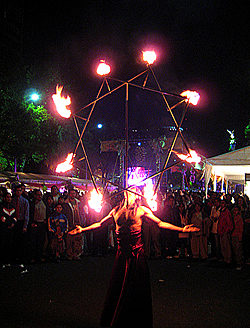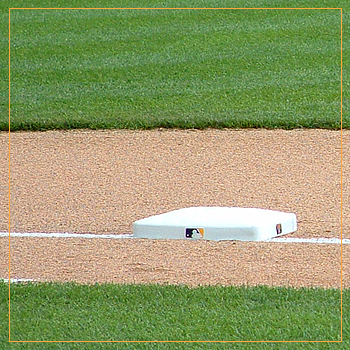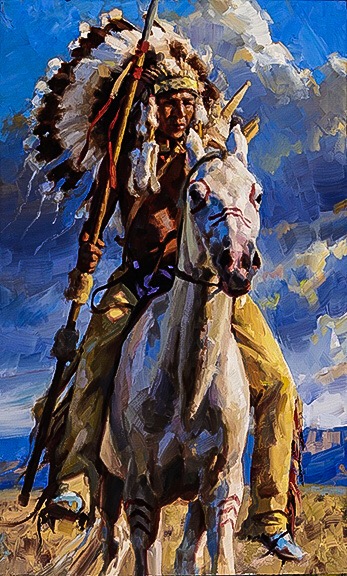
Lakota Chieftain
by Joni Mitchell
Lakota!
Looking at money man,
Diggin’ the deadly quotas,
Out of balance,
Out of hand.
We want the land!
Lay down the reeking ore!
Don’t you hear the shrieking in the trees?
Everywhere you touch the earth, she’s sore.
Every time you skin her all things weep.
Your money mocks us.
Restitution, what good can it do?
Kenneled in metered boxes
Red dogs in debt to you!
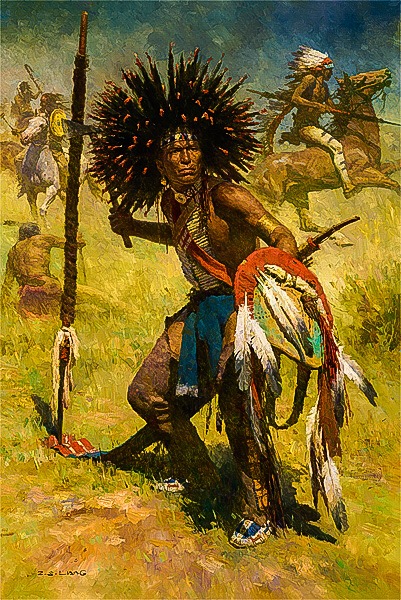
Lakota Sash Wearer
Lakota
I am Lakota!
Lakota!
Fighting among ourselves.
All we can say with one whole heart
Is we won’t sell,
No we’ll never sell,
We want the land!
The lonely coyote calls.
In the woodlands, footprints of the deer.
In the barrooms, poor drunk bastard falls.
In the courtrooms, deaf ears, sixty years!
You think we’re sleeping–but
Quietly like rattlesnakes and stars
We have seen the trampled rainbows
In the smoke of cars.

Lakota Shaman
I am Lakota!
Brave,
Sun pity me.
I am Lakota!
Broken,
Moon pity me.
I am Lakota!
Grave
Shadows stretching.
Lakota,
Oh pity me.
I am Lakota!
Weak,
Grass pity me.
I am Lakota!
Faithful,
Rocks pity me.
I am Lakota!
Meek,
Standing water.
Lakota,
Oh pity me.

Lakota Pride
I am Lakota!
Lakota!
Standing on sacred land.
We never sold these Black Hills
To the missile-heads,
To the power plants,
We want the land!
The bullet and the fence, broke Lakota.
The black coats and the booze, broke Lakota.
Courts that circumvent, choke Lakota.
Nothing left to lose.
Tell me grandfather,
You spoke the fur and feather tongues,
Do you hear the whimpering waters
When the tractors come?
Sun pity me!
Mother earth,
Mother Moon,
Pity me.
Father sky,
Father
Shadows
Stretching on the forest floor.
Mother earth,
Oh pity me.
Father sky
Father grass,
pity me.
Mother earth
Mother Rocks,
pity me.
Father sky,
Father Water,
Standing in a waken manner –
Mother earth,
Oh pity me!

Lakota Warrior
Joni Mitchell © 1988
Initial United States contact with the Lakota during the Lewis and Clark Expedition of 1804–1806 was marked by a standoff. Lakota bands refused to allow the explorers to continue upstream, and the expedition prepared for battle, which never came. A land treaty was signed with the Lakota in 1851 granting the Lakota rights to the grassland plsins and the Black Hills. Nearly half a century later, after Fort Laramie had been built without permission on Lakota land, the Fort Laramie Treaty of 1851 was then negotiated to protect travelers on the Oregon Trail. The Lakota had previously attacked emigrant parties in a competition for resources, and also because some settlers had encroached on their lands. The Fort Laramie Treaty again acknowledged Lakota sovereignty over the Great Plains in exchange for free passage on the Oregon Trail for “as long as the river flows and the eagle flies”. The United States government did not enforce the treaty restriction against unauthorized settlement. Lakota and other bands attacked settlers and even emigrant trains, causing public pressure on the U.S. Army to punish the hostiles. On September 3, 1855, 700 soldiers under American General William S. Harney avenged the Grattan Massacre by attacking a Lakota village in Nebraska, killing about 100 men, women, and children. A series of short “wars” followed, and in 1862–1864, refugees from the “Dakota War of 1862” in Minnesota fled west to their allies in Montana and Dakota Territory. Increasing illegal white settlement after the American Civil War caused war once again. The Black Hills were considered sacred by the Lakota, and they objected to mining. Between 1866 and 1868 the U.S. Army fought the Lakota and their allies along the Bozeman Trail over U.S. Forts built to protect miners traveling along the trail. Oglala Chief Red Cloud led his people to victory in Red Cloud’s War. In 1868, the United States signed the 2nd Fort Laramie Treaty of 1868, exempting the Black Hills from all white settlement forever. Four years later gold was discovered there, and prospectors descended on the area. Again the land was raped, and the Lakota were scattered from their home land.

